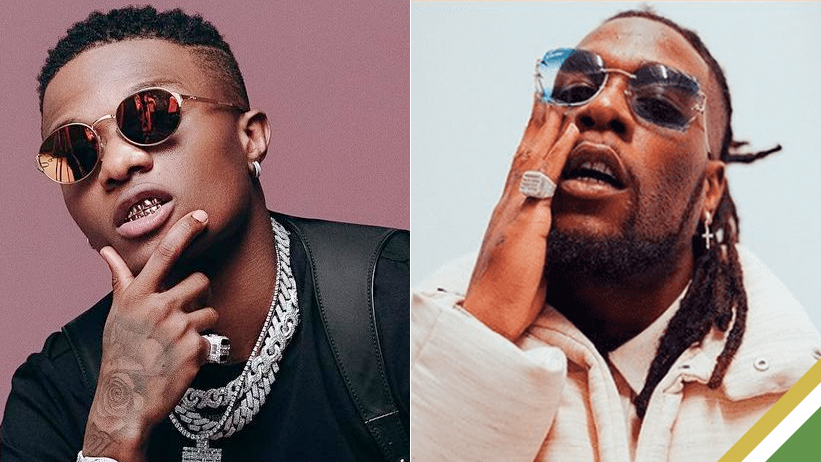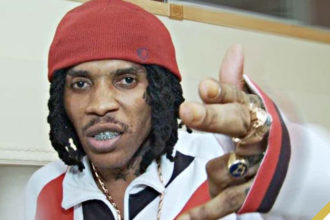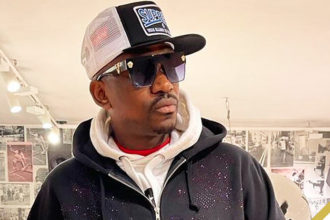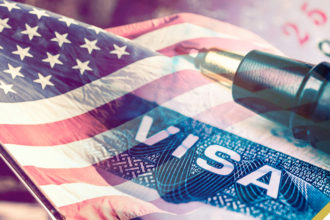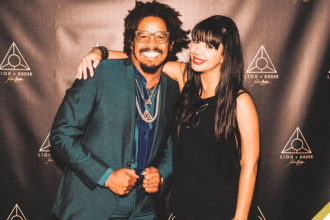The UK Home Office has denied visas to dozens of Afrobeats artists, according to an investigation by The Voice. Producers and artists say that the hostile visa environment in Britain is risking top names boycotting the UK. Music insiders suggest that West African artists are treated with more suspicion and are only given short stays of just two weeks, which prevent them from making the most of their visit.
Ghanaian singer Nii Funny, whose visa application was refused in 2021, says the UK is the world’s hardest embassy to deal with. He suggests that UK authorities need to be more supportive of West African artists as the UK is their former enslaver. Artists should be allowed to stay for at least three months to build momentum and excitement surrounding African music.
Christian Borquaye, who manages three prominent African artists and is based in Birmingham, said that the criteria for artists coming to the UK are quite demanding. Their money is taken by the Home Office even if their visas are not granted. Borquaye said that he now plans to shoot the majority of his music videos in Ghana instead of the UK. Emmanuel Boakye Bidewtey, CEO of Livenewsgh Creative Hub, says that the British embassy has been dubbed the most difficult embassy to work with, and he knows of five African artists who have recently had their UK visa applications denied.
Bidewtey added that Afrobeats is the music that sells Africa, which pop stars now freely tap into. However, West African artists are losing out financially by being unable to travel to the UK. Renowned African artists like Burna Boy, Davido, Fuse ODG, Wizkid, Yemi Alade, Stonebwoy, Rema, Asake, Tems and Shatta Wale all have huge international fanbases, appeal and acclaim, which is helping to propel African music genres to the top. The rise of African music in the UK has resulted in the launch of the official Afrobeats music chart. Each week, the UK’s 20 most popular Afrobeats songs are compiled by the Official Charts Company.
Many are calling for a reform of the current regulations to ensure African singers have the same rights as American and European Union artists to travel and enter Britain to perform at concerts. Three-time Grammy-nominated musician Rocky Dawuni called for easing regulations once artists can prove they are credible and established in their own country. Music insiders suggest that this is the biggest attack on a black music genre by British authorities since dancehall in the 1990s.







